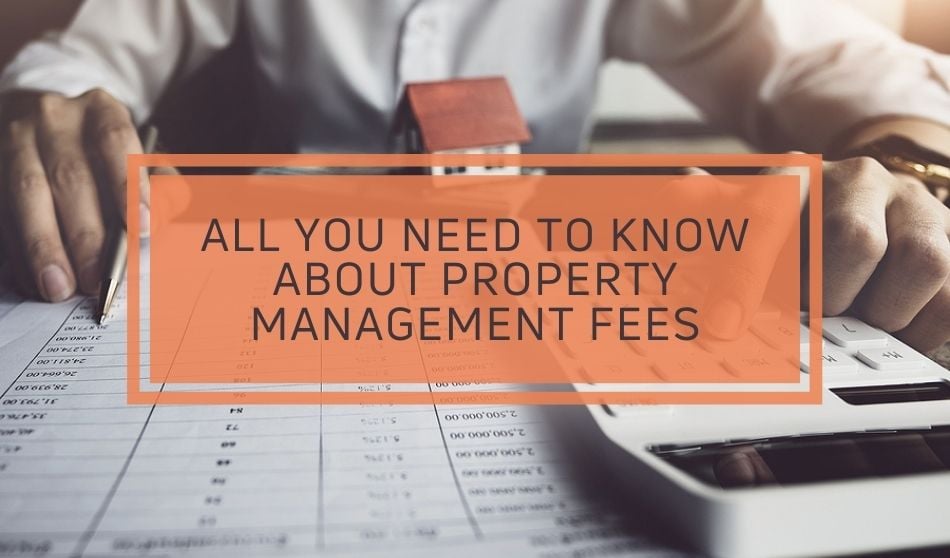
Property managers collect fees for services to keep your property occupied by a reliable tenant and to handle the dirty work, like late-night phone calls, maintenance management, hunting down rent payments, or dealing with an eviction process.
Every task that a property manager performs for your investment is done to promote the success of the property. If you are new to the industry, management companies will also have all the appropriate leases, applications, notices of entry, and other relevant documents, as well as screening procedures and knowledge of the landlord-tenant laws in your state.
One negative seen from working with a property manager is management fees that are collected out of your rental income. Some owners will base a management decision purely on the cost of services, and while cost should be considered, it is important to understand what type of fees a particular management firm collects and why.
Property management fees are typically set up as a percentage-based fee, flat fee, or billed per project.
Leasing Fee: A leasing fee is charged to owners to cover the cost associated with advertising and showing your rental property, reviewing applications, screening tenants, processing lease paperwork, and preparing a property for move-in. Leasing fees usually cost 75-100% of the first month’s rent and are sometimes be referred to as placement fees.
Monthly Management Fee: A monthly management fee is collected for services associated with accepting and processing rent payments, ensuring tenant rent payments, property inspections, maintenance management, and emergency maintenance calls. Monthly management fees typically range from 7-10% of collected rent on a property. An owner should double-check the management’s policy about monthly fees based on collected rent or rent due.
Owners can decide to work with a property management company just for leasing, for regular monthly management, or both.
Other Types of Management Fees
Vacancy Fee: Some property managers collect a fee even if your rental property is vacant and not making any rental income. Vacancy fees can range from a small flat fee or the regular monthly management fee even if no rent income is coming in.
On-boarding Fee: An onboarding fee, or setup fee, may be charged as a one-time amount to establish a new partnership with the management company and set up your account. Setup fees can vary depending on how many properties or units exist in your portfolio.
Late Fee: If a tenant needs to pay a late fee for a late rent payment, a management company can choose to collect all or a portion of late fees charged to your tenants, or pass along 100% of late fees to you as the owner.
Maintenance Fee: Depending on who the management company uses for repairs and property maintenance, they may charge a markup for cost of services and keep the difference from the owner as management income.
Lease Renewal Fee: When a current tenant decides to renew their lease for your property a management company may charge a flat fee per property or a full month’s rent, by treating the lease renewal like a leasing fee.
Eviction Fee: Evictions can take a lot of time to process, especially if taken through to court. Management companies may charge fees based on the amount of effort and time it took to remedy or process an eviction.
Other Income Fees: Management companies may keep all, part of, or none of income associated with returned check fees, rental income for pets, lease violation fees, unpaid invoice fees, bill payment fees, or income from laundry or vending machines.
When assessing a property management company, make sure to ask specific questions about their fee structure and the services included. Consider the management company’s overall performance and decide if it is worth paying for all their services or if another firm would suit your needs better. As an owner, you also have the opportunity to negotiate contract terms.
Some owners may feel like they are overpaying for management services because when things are going well with their property, they can see fees as wasted income. However, when a manager is needed for time-consuming or stressful duties, you may appreciate and understand the cost of services.
This article was originally published on March 28, 2017, and has since been updated.